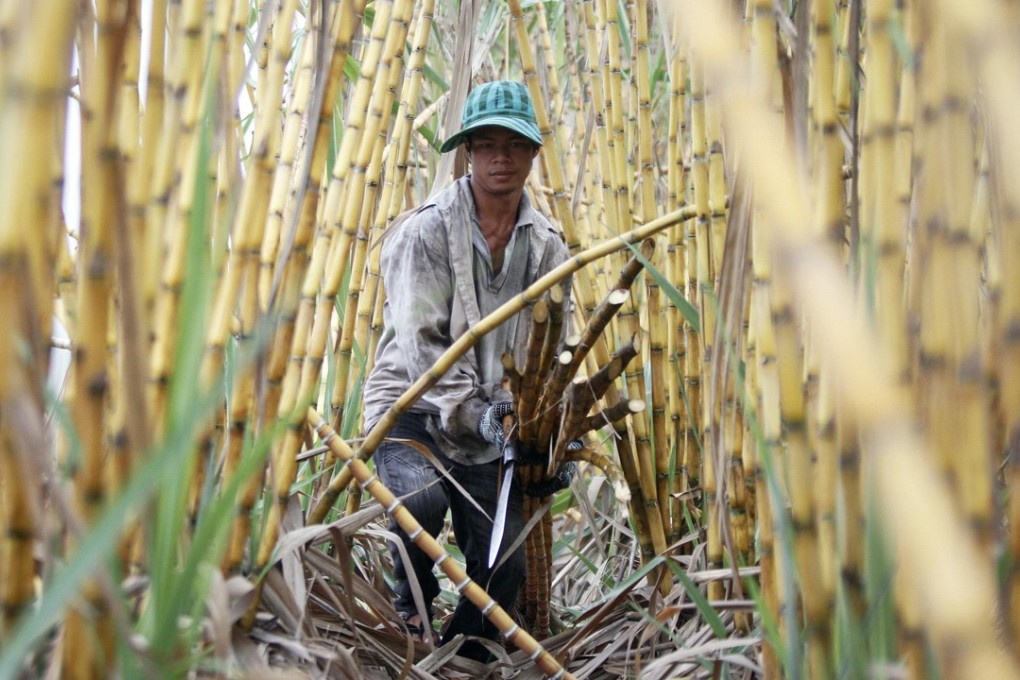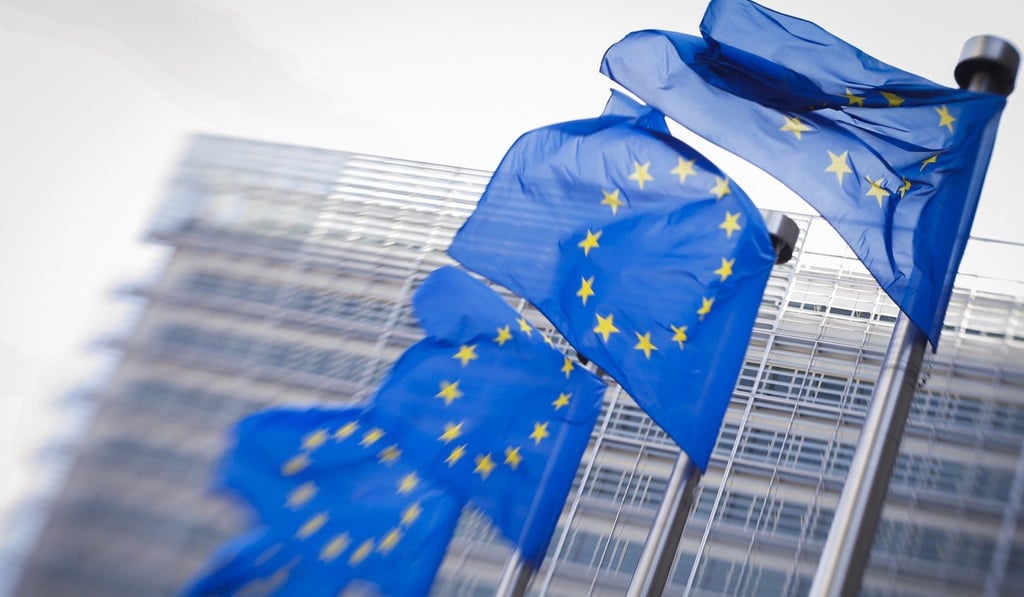Cambodian workers weigh the cost of EU’s stand on human rights
- The European Union is planning to end its special trade status with Cambodia over human rights abuses in the garment and sugar industries. That would be a double-edged sword for Cambodian workers.

Phong Sokhit, a rice farmer in Cambodia’s Kampong Speu province, has long held out hope that the European Union (EU) would put pressure on his country to respect human rights.
For years, the 59 year old and hundreds of others across the country have accused sugar companies of forcing them off their land – just one of a litany of human rights abuses, including child labour, blamed on the enterprises. About 40 per cent of Cambodia’s total exports, including sugar, go to the EU.
Last month, the EU announced its intention to suspend its Everything But Arms agreement with the Kingdom, under which it waives tariffs for underdeveloped countries such as Cambodia.
“We want the prime minister to help, to compromise, and to improve the human rights situation,” Sokhit said in an interview, referring to Cambodia’s strongman leader Hun Sen. “It’s the EU’s duty to [withdraw] it when they know that we don’t respect their requirements, so if they do it, it is the prime minister’s mistake, not the EU’s.”
Although Sokhit welcomes the EU’s move, he doesn’t want the agreement to be suspended. Instead, he hopes the Cambodian government will meet its conditions and prevent people from losing their jobs.
Under its terms, the agreement can be suspended if certain human rights standards are not met. In an October 5 blog post, European Commissioner for Trade Cecilia Malmström said that unless there were “clear and evident improvements on the ground”, Cambodia’s special trade status would be revoked. In the past, the EU has repeatedly called for the release of opposition leader Kem Sokha, who remains under house arrest, and the restoration of his Cambodia National Rescue Party (CNRP), which was dissolved by the Supreme Court last year.
